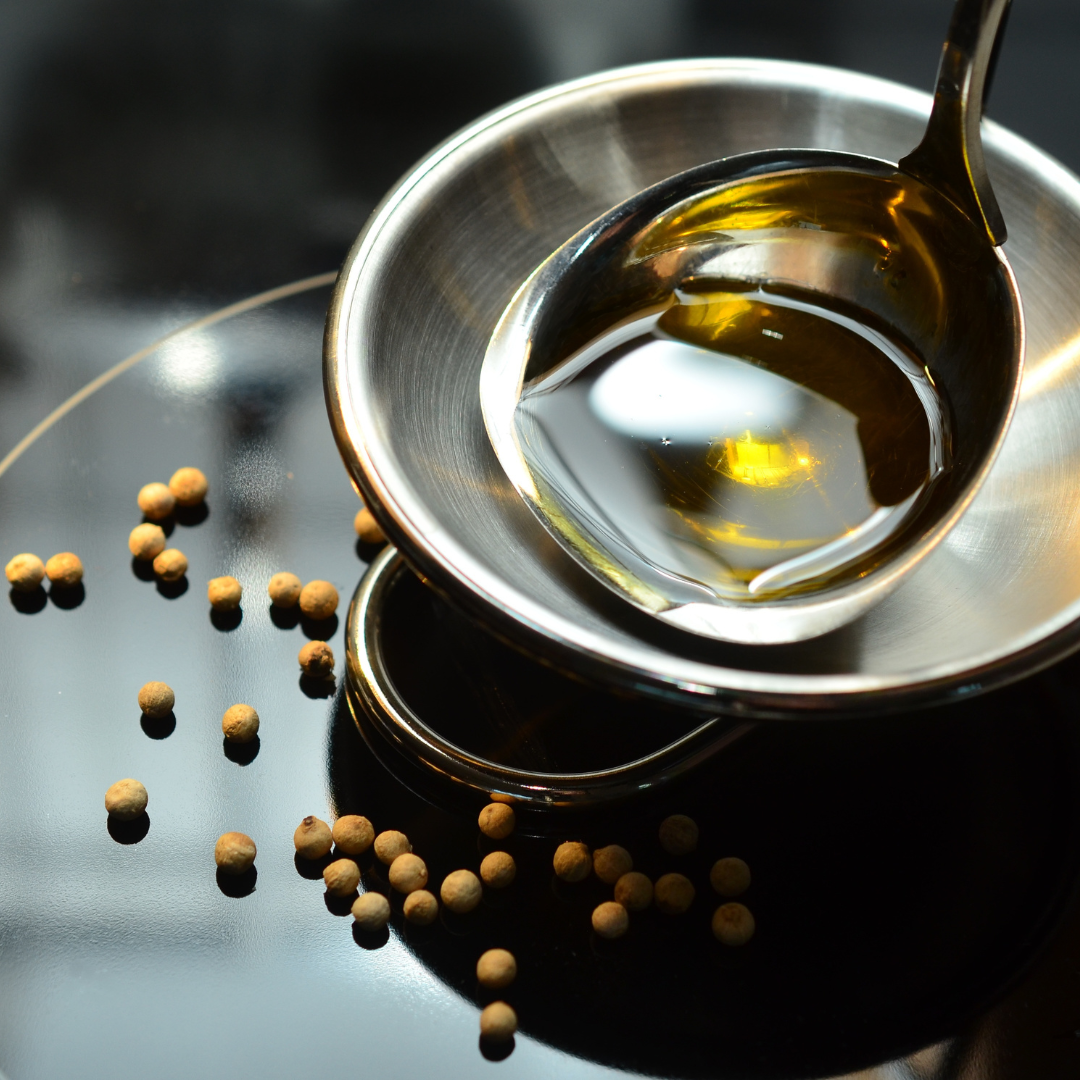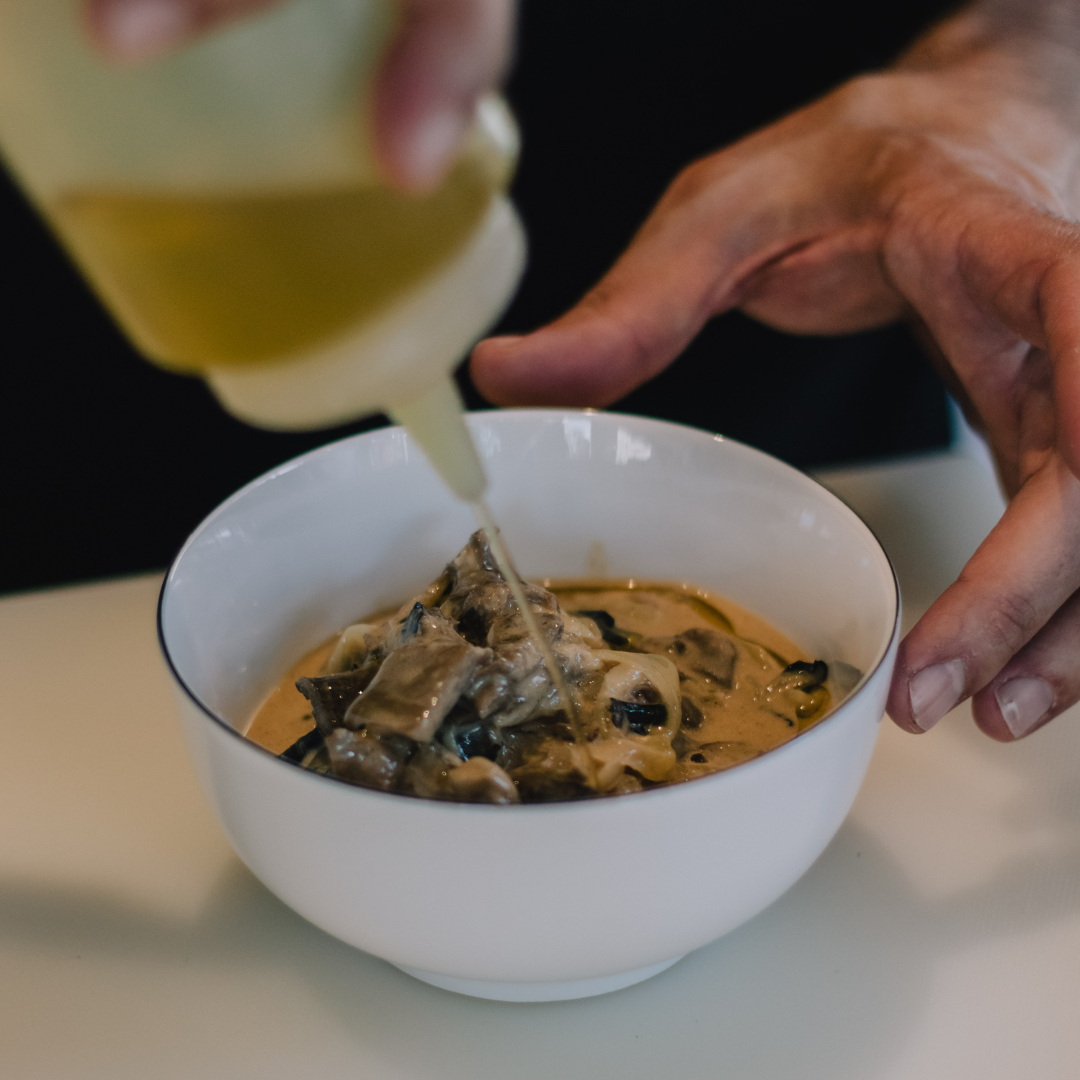Don't Let These 5 Oily Food Myths Fool You!
3 minuteRead

Who doesn't love indulging in a plate of crispy fries or a perfectly fried piece of chicken? Oily foods have always had a special place in our hearts and on our taste buds. But we've all heard it before: "Stay away from oily foods; they're bad for your health!" Oily foods have developed a rather notorious reputation over the years, often associated with weight gain, acne, and a vast array of other health issues. But is there any truth behind these claims?
We'll debunk 5 common myths related to oily foods.
1) Oily Foods Are Always Unfit for a Healthy Diet:
You know, the idea that oily foods are completely off-limits when trying to eat healthily is actually not entirely true. It's all about finding a good balance in your diet and making thoughtful decisions.
Adding a little bit of oily foods in moderation to a nutritious meal plan can be quite satisfying and delicious too!
2) Oily Foods Are Unhealthy:
You might have heard that eating too much oily food can be bad for your health, and that's true to some extent. But here's the thing: not all greasy goodies should be automatically labelled as unhealthy.
In fact, there are certain oils, such as olive oil and avocado oil, that actually contain good fats called monounsaturated fats. And when you enjoy them in moderation, they can have some pretty awesome benefits for your heart health and overall well-being.
3) Oily Foods Cause Acne:
You know, there's this common advice floating around that says we should stay away from oily foods if we want to keep our skin clear. But let me tell you, the connection between oily foods and acne is more of a myth than a solid fact.
You see, when it comes to breakouts, there are other factors that play a bigger role, like our hormones, genetics, and how we take care of our skin. So it's not all about avoiding that plate of fries or that slice of pizza. There's more to it than just what we eat!
4) Eating Oily Foods Makes You Gain Weight:
Another common misconception is that oily foods are the ultimate culprits behind those expanding waistlines. But guess what? It's actually a bit of a misconception. The truth is, weight gain happens when you consume more calories than your body needs, regardless of whether those calories come from oily or non-oily sources.
So, it's not just about avoiding oily foods altogether. It's more about finding a balance and practising moderation. A healthy weight is all about having a well-rounded and balanced diet.
5) Oily Foods Are Always Bad for Heart Health:
When it comes to taking care of your heart, it's important to keep an eye on what you eat. But not all oily foods are bad news for your ticker! In fact, there are some oils, like olive oil and certain types of fish, that contain heart-healthy monounsaturated and polyunsaturated fats.
These fats can actually help reduce bad cholesterol levels and decrease the risk of heart disease when consumed in moderation as part of a balanced diet.
Oily foods can be a part of a healthy lifestyle when consumed in moderation and prepared using healthier cooking methods. It's all about making smart choices with the types of oils you use, keeping an eye on portion sizes, and making sure you have a well-rounded diet. By doing that, you're on your way to living a heart-healthy life! Enjoy them responsibly and embrace the pleasure they bring!
Write, Record and Answer! Consume Unlimited Content! All you need to do is sign in and its absolutely free!
Continue with one click!!By signing up, you agree to our Terms and Conditions and Privacy Policy.
















